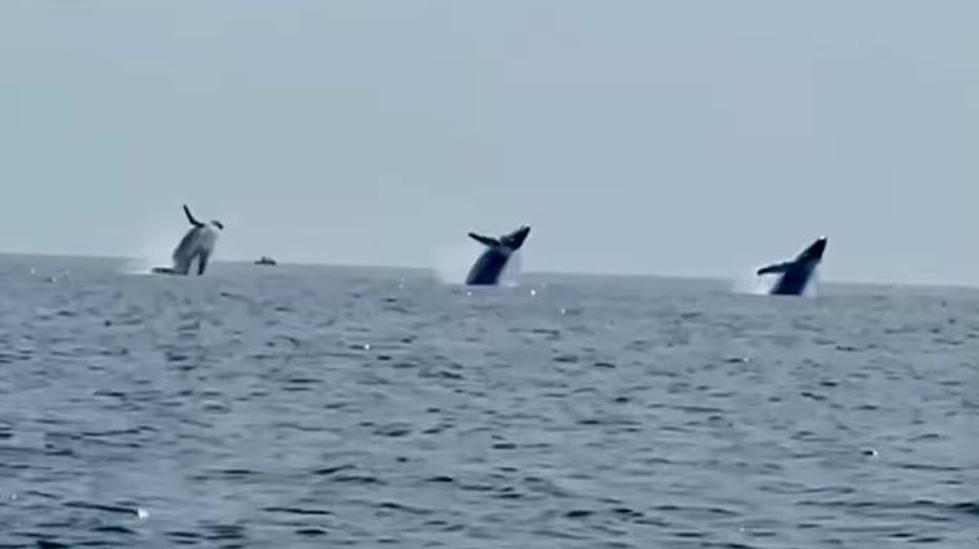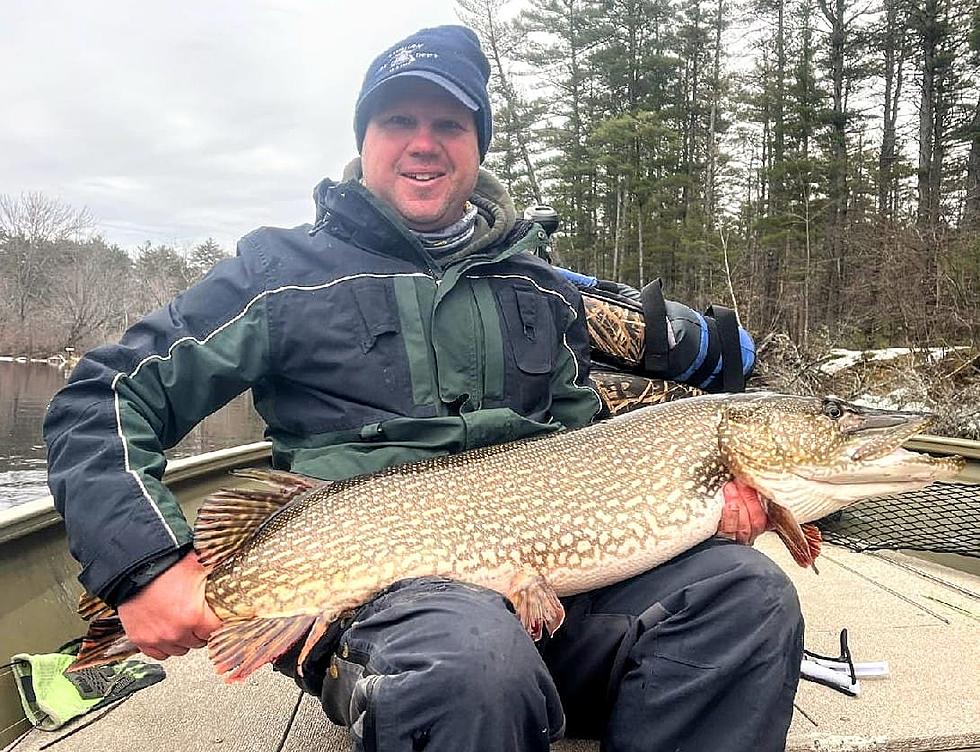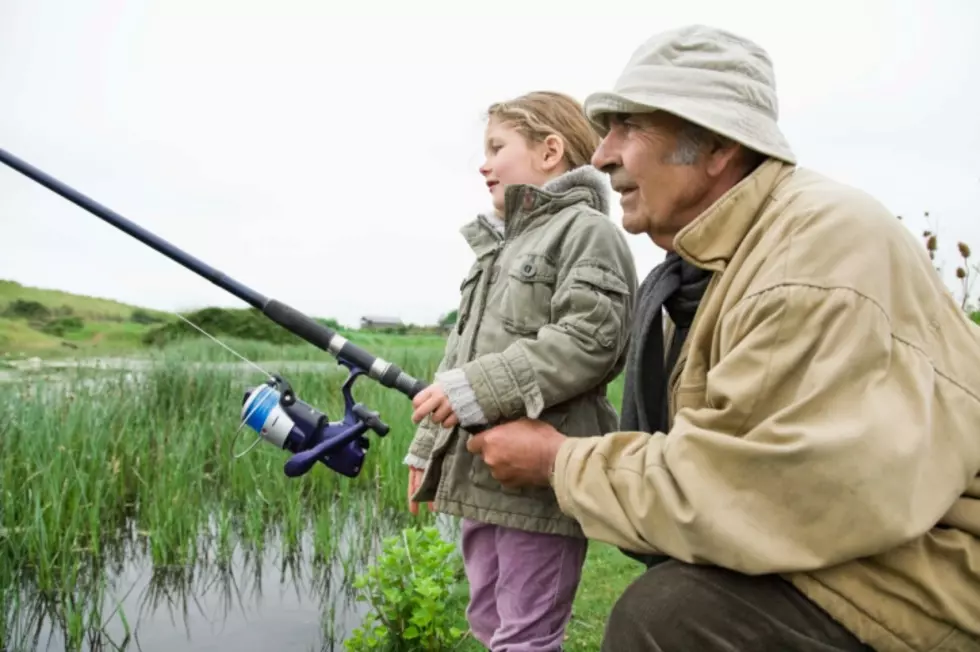
NH Seacoast Closed to Shellfishing Because of ‘Red Tide’
The seacoast of New Hampshire is closed to shellfish harvesting due to 'red tide.'
The concern of 'red tide' has forced the closure of shellfish harvesting along the New Hampshire coast. This, according to the New Hampshire Department of Environmental Services.
The NHDES says the closure affects New Hampshire's Atlantic coastal waters, and the waters of Hampton/Seabrook Harbor.
The press release issued by the NH Department of Environmental Services on May 9th says:
To protect the public from the possible consumption of contaminated shellfish, officials from the New Hampshire Department of Environmental Services (NHDES) and the New Hampshire Fish and Game Department have closed New Hampshire's Atlantic coastal waters, and the waters of Hampton/Seabrook Harbor, to the taking of all species of molluscan shellfish (mussels, clams, oysters) until further notice. This action is in response to elevated levels of Paralytic Shellfish Poisoning or PSP, commonly known as "red tide," detected in blue mussels collected from Hampton/Seabrook Harbor yesterday.
Weekly sampling will continue through October says Chris Nash, Shellfish Program Manager for the NHDES. 'Red tide toxicity levels are increasing right now in the Gulf of Maine and in Hampton/Seabrook,' said Nash. 'It is too soon to know how severe this algae bloom will be, or how long it might last.'
Red tide is a condition in which filter-feeding shellfish such as clams, oysters and mussels accumulate a potent neurotoxin produced by a naturally-occurring marine algae. Ingesting the toxin is potentially fatal to humans, and cooking does not make contaminated shellfish safe for consumption.
For more information, check out the NHDES website.
More From WSHK-WSAK 102.1 & 105.3 The Shark









